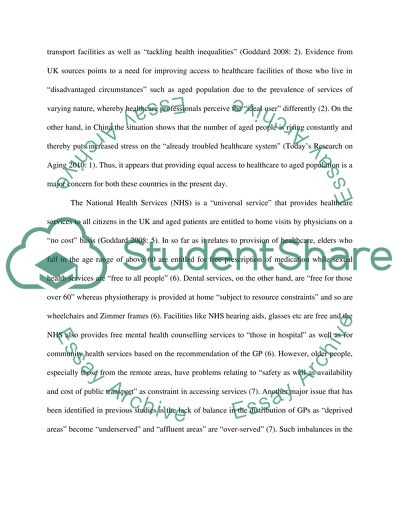Cite this document
(“INCREASING DEMAND FOR HEALTH AND SOCIAL CARE FOR OLDER PEOPLE IN Dissertation”, n.d.)
Retrieved from https://studentshare.org/sociology/1479981-increasing-demand-for-health-and-social-care-for
Retrieved from https://studentshare.org/sociology/1479981-increasing-demand-for-health-and-social-care-for
(INCREASING DEMAND FOR HEALTH AND SOCIAL CARE FOR OLDER PEOPLE IN Dissertation)
https://studentshare.org/sociology/1479981-increasing-demand-for-health-and-social-care-for.
https://studentshare.org/sociology/1479981-increasing-demand-for-health-and-social-care-for.
“INCREASING DEMAND FOR HEALTH AND SOCIAL CARE FOR OLDER PEOPLE IN Dissertation”, n.d. https://studentshare.org/sociology/1479981-increasing-demand-for-health-and-social-care-for.


